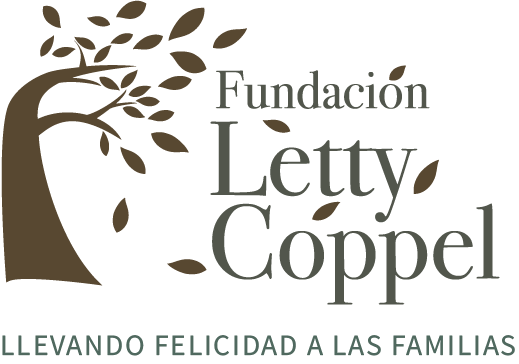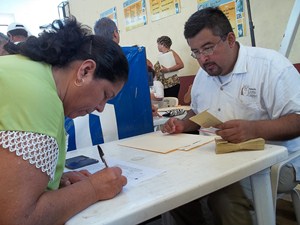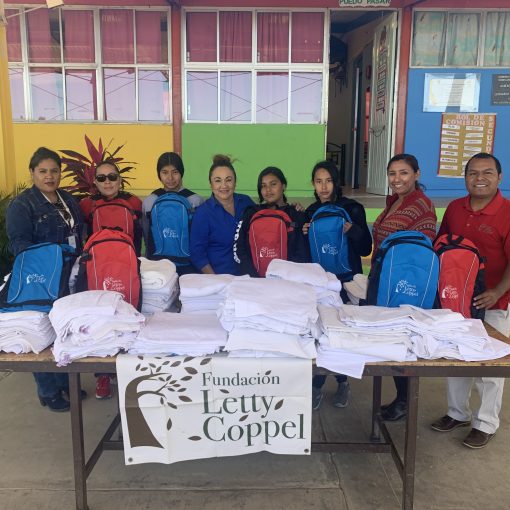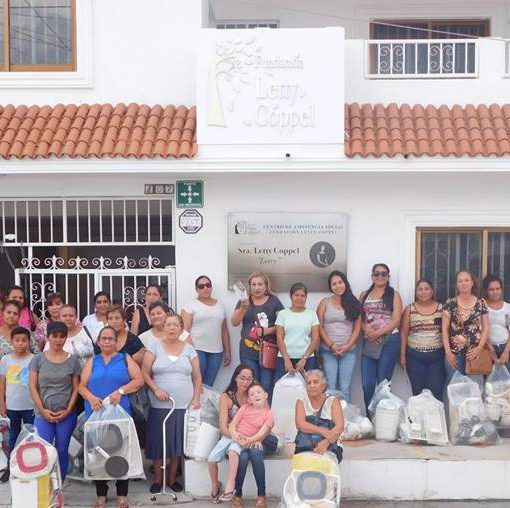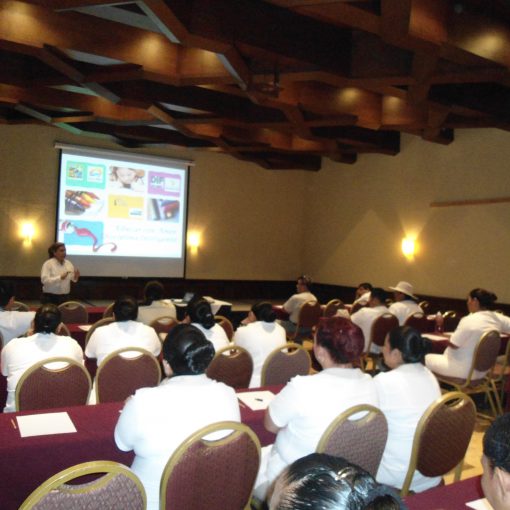Every October 19, pink hues illuminate the streets, becoming a symbol of the fight against breast cancer. This is not merely a symbolic gesture—it is a vivid reminder that this disease continues to impact millions of women around the world. The International Day Against Breast Cancer is not just another date on the calendar; it is an invitation to reflect on the importance of prevention, early detection, and above all, the need to unite collective efforts to face this challenge.
Breast cancer has left deep marks on the lives of many families. It has meant painful moments, drastic changes, and times of uncertainty. Yet, amidst these challenges, a powerful current of solidarity and community support has flourished, growing stronger every year. Although the statistics in Mexico are sobering—thousands of women receive this diagnosis every year—hope never fades. Detecting the disease in its early stages greatly increases the chances of recovery; information and prevention become the most powerful allies.
Talking about prevention does not mean complicating daily routines but rather incorporating small habits that can make the difference between uncertainty and peace of mind. Monthly self-examinations in front of the mirror, paying attention to any bodily changes, attending regular medical check-ups, and undergoing studies such as mammograms or ultrasounds are simple yet decisive actions. These steps ensure that, if any warning signs appear, they can be addressed promptly and effectively.
However, it is essential to recognize that not all women have the same opportunities to care for their health. In rural or low-income areas, accessing medical consultations can mean long journeys, high expenses, or even the impossibility of obtaining a timely diagnosis. This is where social assistance in Mexico plays a crucial role—bringing health services closer to those who face economic or geographic barriers.
Social programs are a cornerstone of this cause. Through them, many families gain access to free consultations, detection campaigns, and emotional support. These initiatives are not just temporary relief—they are acts of justice and equity that ensure access to care does not depend on a person’s economic condition.
Health campaigns that include medical brigades, free studies, or educational talks have allowed thousands of women to receive screenings without cost or distance being an obstacle. In this way, social programs help reduce gaps and democratize access to healthcare.
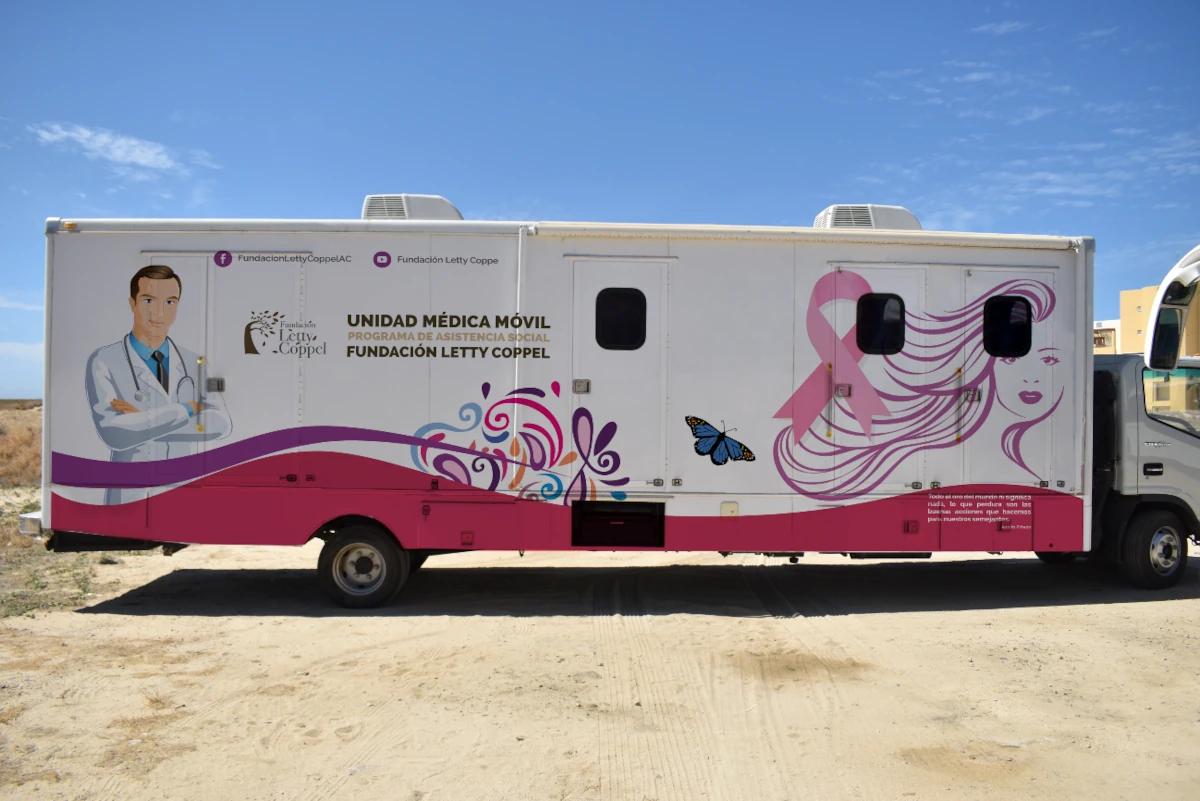
Along this journey, foundations in Mexico have proven to be authentic beacons of hope. Beyond disseminating information, many have created support networks that accompany women throughout their process. Some conduct medical sessions, others offer workshops on guidance and emotional well-being, and many provide close support that becomes a refuge during the hardest moments.
In this context, Fundación Letty Coppel stands out for its unwavering commitment. Its work goes beyond the health sphere—it also promotes education, social assistance in Mexico, and community development. Its humanistic vision and deep social awareness have made it a benchmark for comprehensive support to women and families facing the battle against breast cancer.
One does not need to be a health specialist to contribute. Simple gestures—such as accompanying a friend to a medical appointment, encouraging a sister to perform her self-examination, donating to a foundation, or participating in community activities—strengthen a support network that saves lives.
Fundación Letty Coppel is a clear example of how empathy and concrete action can transform realities. Every effort, no matter how small, contributes to a chain of solidarity that, together, creates a profound impact.
This day is a beautiful opportunity to remind every woman of her immense worth—that self-care is an act of self-love and that she is not alone on this journey. It is also a call for social assistance and social programs in Mexico to continue growing stronger, as their existence ensures that thousands of women gain access to the care they need and deserve.
Education from an early age helps build more conscious, empathetic, and participatory communities. The fight against breast cancer is a collective task that involves everyone. Every action of support, no matter how small, helps open paths toward a more dignified and fulfilling life. From spreading information to offering emotional support, everything contributes to building a fairer and more compassionate society.
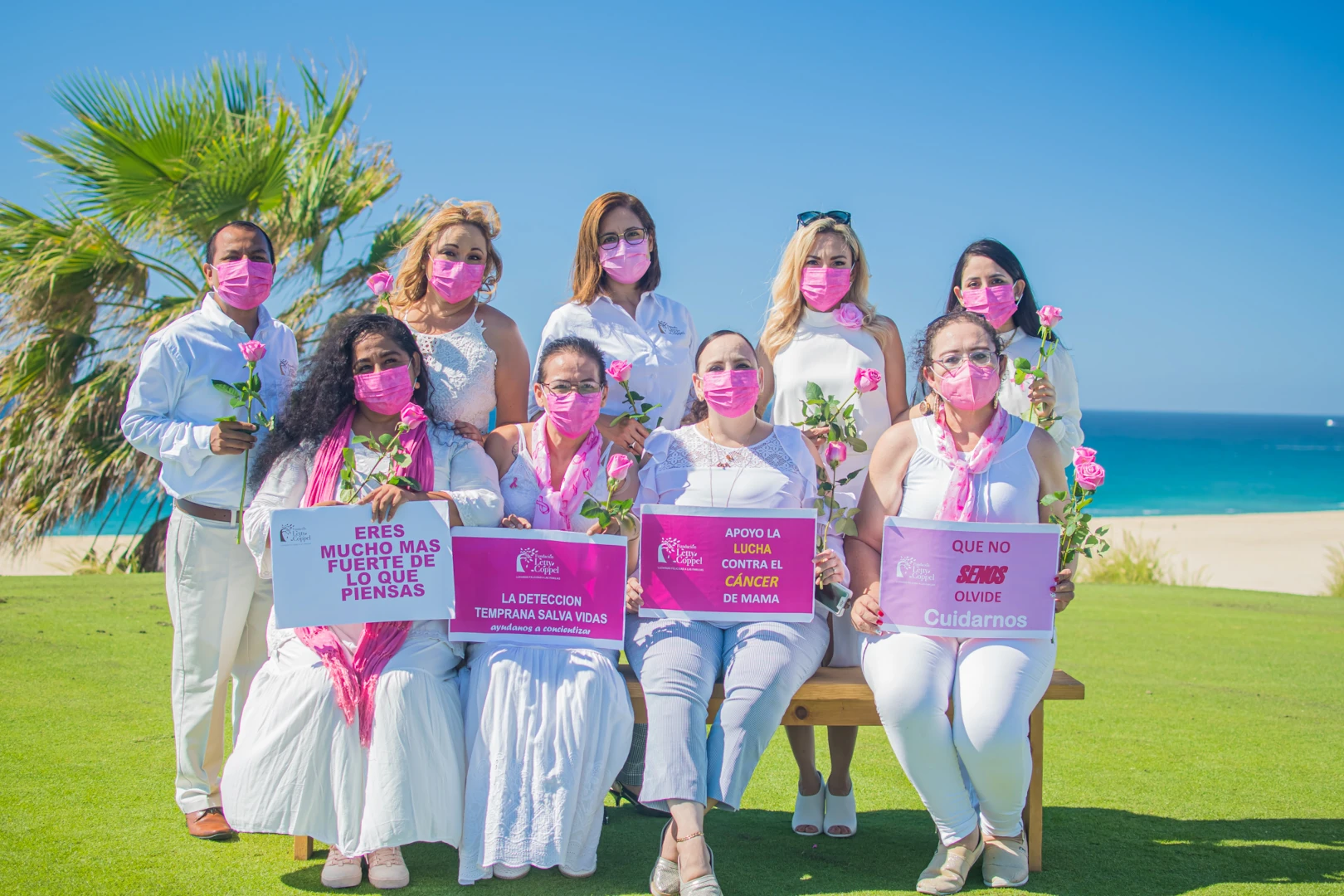
Thanks to the work of social programs and the commitment of foundations in Mexico such as Fundación Letty Coppel, initiatives have been implemented to offer comprehensive care, reliable guidance, and constant support—essential elements during difficult times. Their efforts ensure that thousands of women receive not only practical assistance but also emotional support that motivates them to keep going. This strength inspires the entire community to stay active in this cause.
The fight against breast cancer does not end with a commemorative date. Foundations in Mexico continue promoting social assistance every day, driven by health, empathy, and social justice. Only through joint action will it be possible to build a future where pink represents, above all, life, well-being, and hope.
